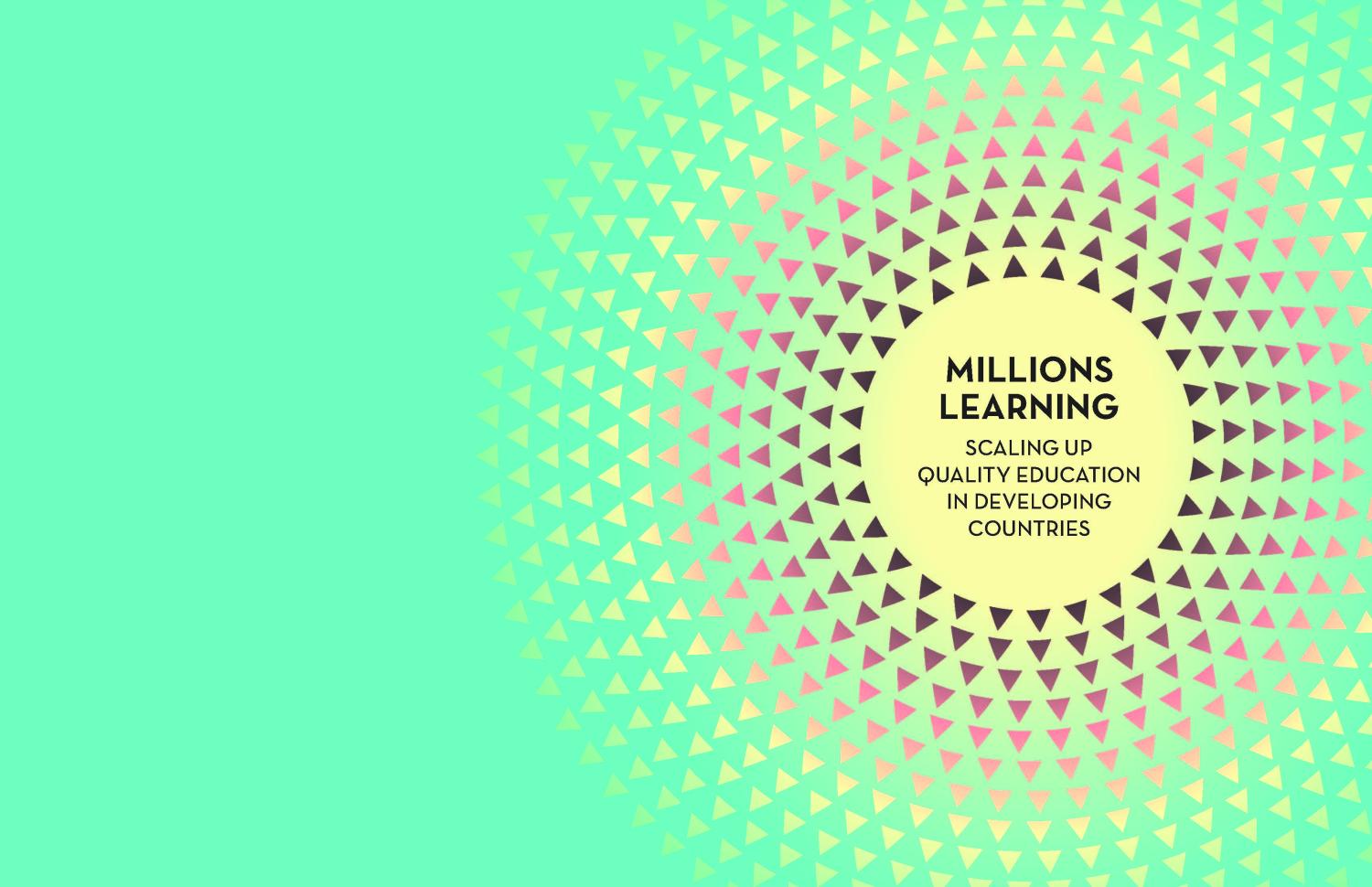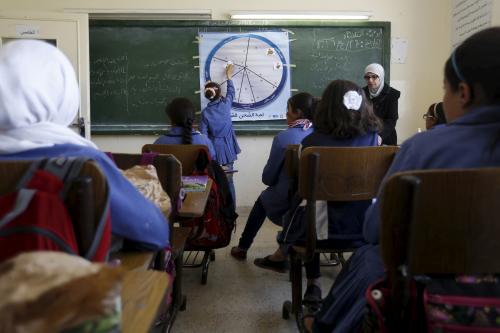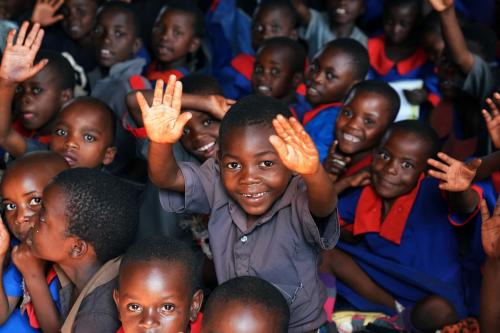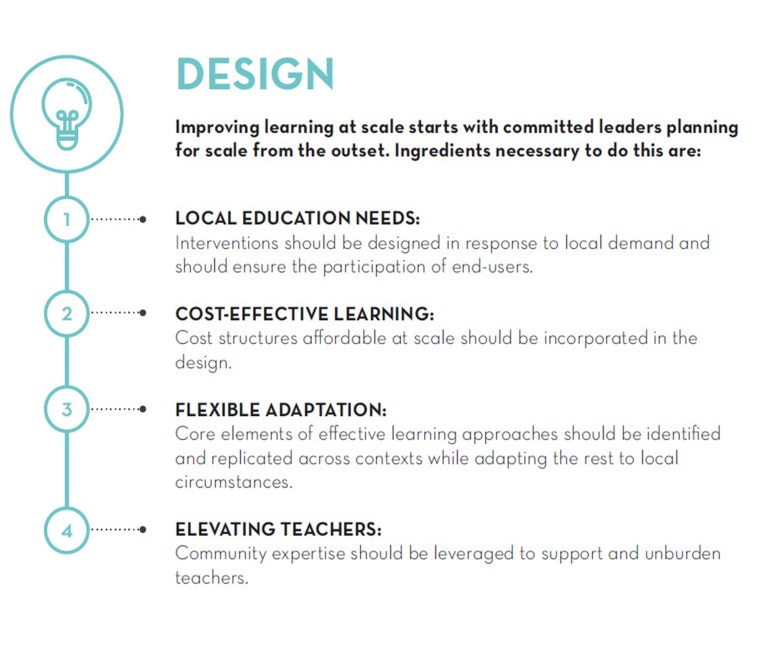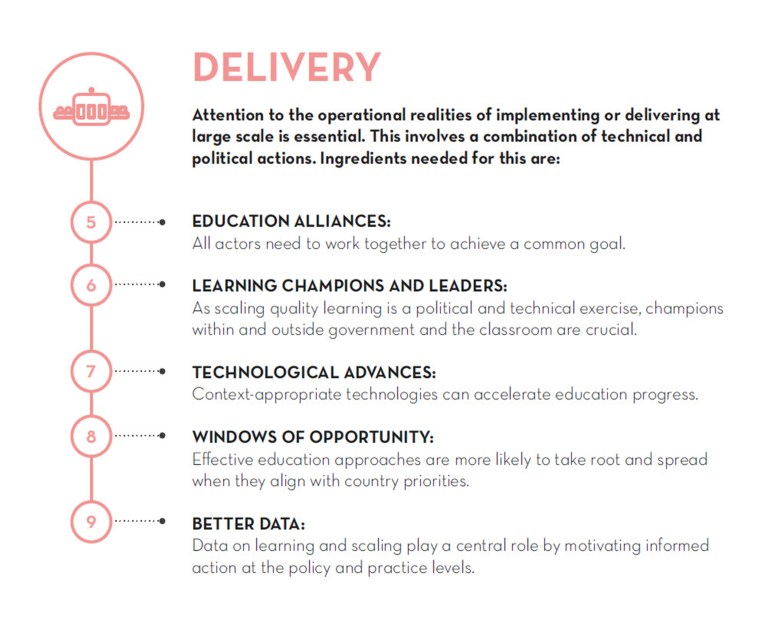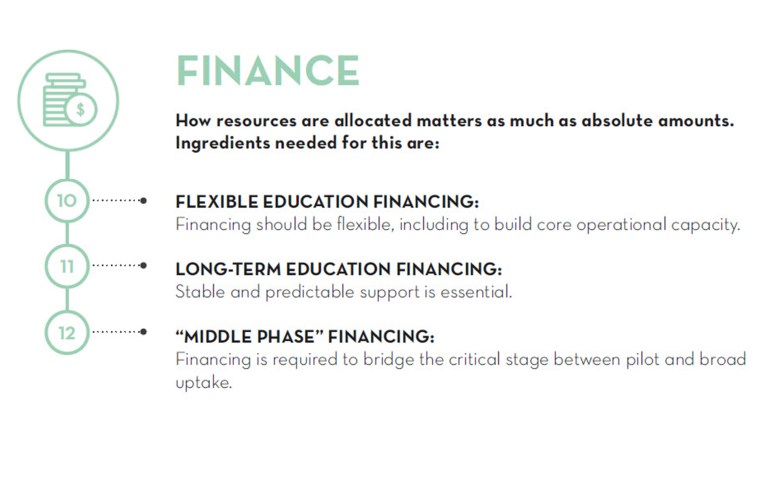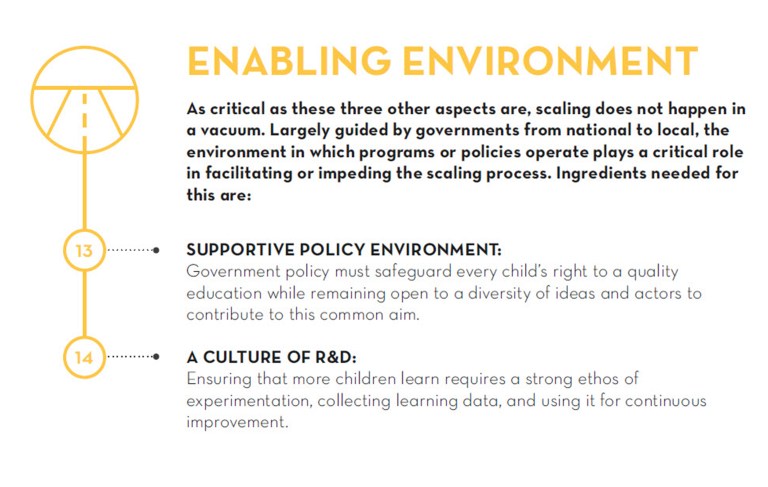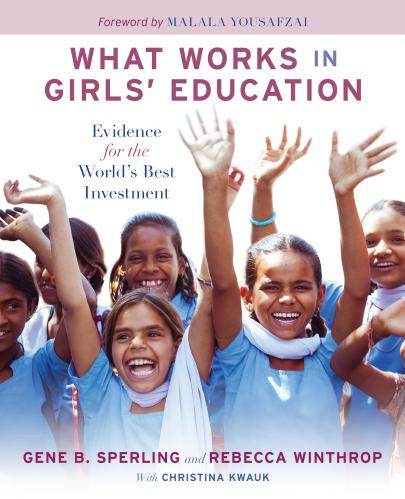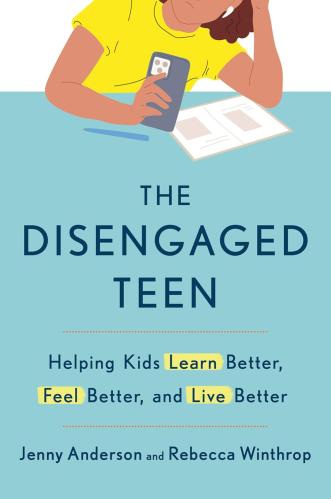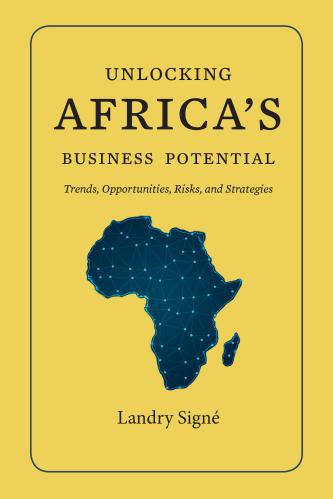Millions Learning: Scaling up quality education in developing countries tells the story of where and how quality education has scaled in low- and middle-income countries. The story emerges from wide-ranging research on scaling and learning, including 14 in-depth case studies from around the globe.
Read the executive summary here, which is also available in Arabic, French, Mandarin, Portuguese, and Spanish.
Around the world, countries are grappling with how to scale quality education for their children and youth. Quality education is at the center of a nation’s progress, and it is also enshrined in the United Nations Sustainable Development Goals, which 193 countries have recently committed to support. While the spread of schooling over the past 150 years is one of the most widely successful “going to scale” stories, this expansion too often has been met with little mastery of core academic content and higher-order thinking skills.
Millions Learning: Scaling up quality education in developing countries tells the story of where and how quality education has scaled in low- and middle-income countries. The story emerges from wide-ranging research on scaling and learning, including 14 in-depth case studies from around the globe. Ultimately, Millions Learning finds that from the slums of New Delhi to the rainforest in Brazil, transformational change in children’s learning is happening at large scale in many places around the world. We find that successful scaling of quality learning often occurs when new approaches and ideas are allowed to develop and grow on the margins and then spread to reach many more children and youth.
In Millions Learning, we identify 14 core ingredients, in different combinations depending on the context, that contribute to scaling quality learning. Each of these ingredients is central for scaling effective approaches that improve learning. Their importance is frequently reinforced from evidence in the broader scaling literature. They include essential elements for designing, delivering, financing, and enabling the scaling of quality education.
Scaling quality learning requires a move to a new norm of inclusive and adaptive education ecosystems. This calls for education ecosystems that provide space for innovation and experimentation to thrive, and then actively help facilitate the spread of new ideas or approaches that most effectively improve learning. Governments play a pivotal role in this ecosystem. Not only is it their responsibility to deliver on every child’s right to a quality education, but they must also actively foster an environment where all actors can effectively contribute their expertise—from households, to communities, to civil society organizations, to the private sector, and to academia. This requires leveraging all assets these actors bring as well as ensuring that the most marginalized children are reached. This is the best way to move forward based on evidence of what has successfully scaled to date. Moreover, it is key to developing a nimble education ecosystem ready to adapt in a rapidly changing world to whatever the future holds.
We recommend the following five main actions to create inclusive and adaptive education ecosystems and ultimately help scale quality learning for millions of children and youth:
About Millions Learning
The Millions Learning project seeks to identify where and how education interventions are scaling quality learning for children and youth in low- and middle-income countries around the world.
- Join the Twitter conversation at #MillionsLearning
- Learn more about our April 18 and 19 launch event
- Read our Getting Millions to Learn blog series
- Watch our Millions Learning video with Jenny Perlman Robinson
The Brookings Institution is committed to quality, independence, and impact.
We are supported by a diverse array of funders. In line with our values and policies, each Brookings publication represents the sole views of its author(s).


